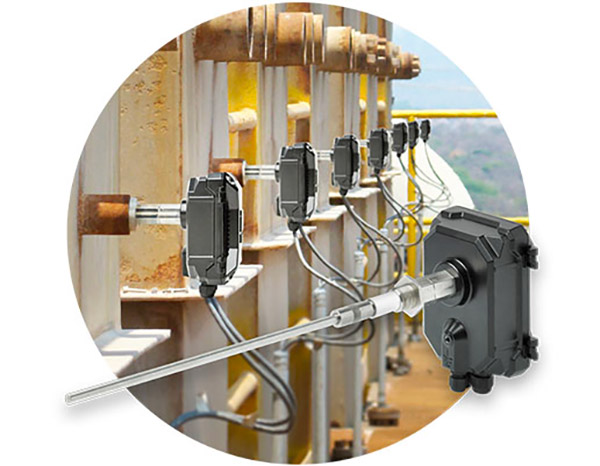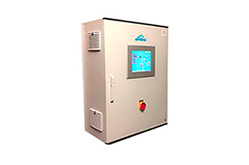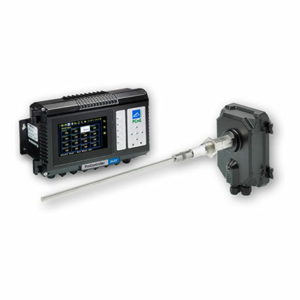
APPLICATION
Solution
The Modbus infrastructure allows for the simple installation of multiple sensors on a single network. Local graphical display of comparative compartment performance is provided via the ProController, together with short term data recording of filter trends which can be used to identify individual filter row degradation (dependant upon filter cleaning mechanisms). Remote observation of dust emissions and filter performance is provided in real time via in-built Ethernet connectivity and use of the PCME DUST TOOLS software.
This solution provides plant maintenance teams with early warning alarms of compartments beginning to release higher levels of dust and enabling the identification of filter degradation down to row level. Knowing where the leaks are developing enables process stoppages to be scheduled and saves time and resources by highlighting where the leaks are developing and which bags need to be changed. By detecting leaks early ensures that the ELV is not breached.
CUSTOMER BENEFITS
- Reduction in maintenance times and costs: from up to 8 working days to 1 on this site
- Enables proactive maintenance regimes
- Allows local and remote real time observation of filter performance
- Identification of compartment degradation before breaches in environmental limits
- Aids the assessment of differing bag filter constructions
- Reduction in lost power generation time
- Reduction in alternative waste disposal costs, eg landfill
- Reduction in exposure time to compartment dust by Maintenance Teams
Verwandte Inhalte
Informationsanfrage


